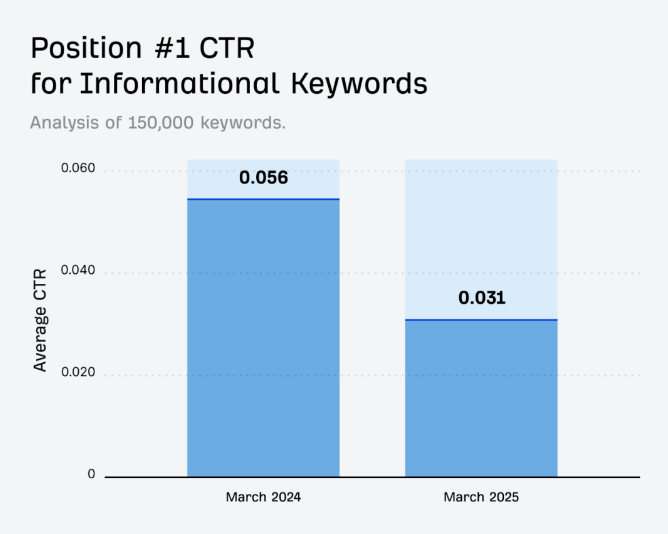Artificial intelligence is disrupting the field of drug research and development at an unprecedented rate. Chai Discovery recently officially launched its latest AI model - Chai-2, which refreshes industry awareness with the "zero sample antibody design" technology. Without templates, this model can directly generate high-affinity antibodies based on antigen information, compressing the R&D cycle from months or even years to only two weeks, increasing the success rate by a hundred times.

Zero sample antibody design: breaking through the bottleneck of traditional R&D
Chai-2 is a multimodal generative AI model independently developed by Chai Discovery, focusing on the structural prediction and design of protein molecules. Unlike the traditional antibody discovery process that relies on animal immunity or high-throughput screening, Chai-2 does not require existing antibody data, and can design an antibody complementarity determination region (CDR) with binding activity from scratch by simply inputting target antigen and epitope information.
In testing of 52 neoantigen targets, Chai-2 can achieve a success rate of 16%-20% per 20 designs on average, with more than half of the targets obtaining at least one effective conjugate, which is significantly surpassing the traditional method's hit rate of 0.1%.
From design to verification, cost drops sharply
The efficiency of Chai-2 is impressive. With the help of full-atom structure prediction and generative modeling, Chai-2 can complete the design plan within a few hours and realize automated generation, synthesis and characterization, greatly compressing the experimental process. In one case, the model solved an antibody puzzle that once costed more than $5 million, with a validation cycle of less than 14 days.

Supports multiple molecular forms to expand drug boundaries
Chai-2 is not only suitable for traditional antibody design, but also supports a variety of structures such as single-chain antibodies (scFv), nano-antibody (VHH), and micro-protein conjugates. In the experimental verification of microprotein conjugates, the hit rate is as high as 68%, the affinity can reach pimolar level, and it has excellent exploitability and specificity, with great clinical transformation potential.
Significant technological transformation, leading a new era of biomedicine
Industry experts pointed out that the success of Chai-2 means that drug research and development is changing from previous "experimental trial and error" to "deterministic design", bringing breakthroughs to solving the problem of "unprepared targets". Especially in high-complex therapies such as bispecific antibodies and antibody drug conjugates (ADCs), Chai-2 has wide application prospects.
Chai Discovery said it will open Chai-2 to academia and industry partners through its "responsible deployment policy", prioritizing support for projects in high-impact areas such as cancer, autoimmune diseases and infectious diseases.



